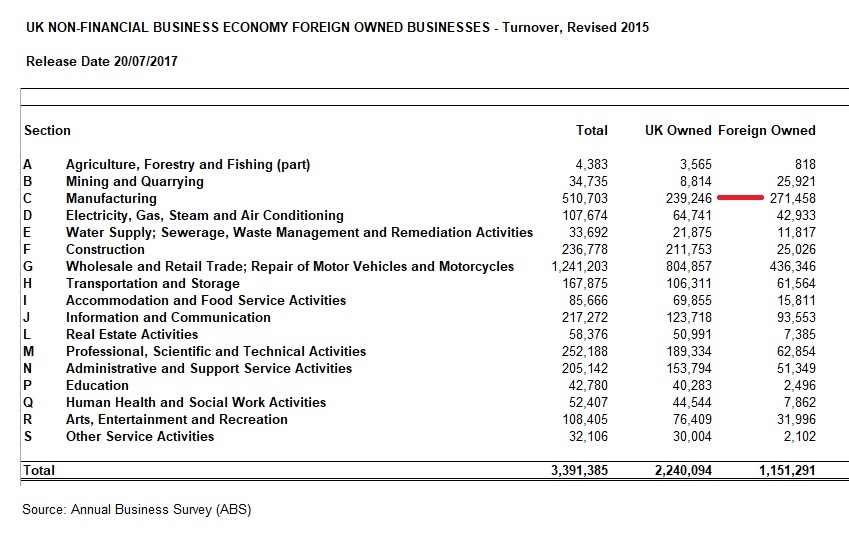This is a rookie trade deal mistake. Not taking into account adjustment costs.
This is laughable.
Seriously, where is the logic in this?
If borders are more important without ‘supply chain security’ then no deal stops the very thing that is providing supply chain security.
No, this pandemic has not created a situation where businesses will be unaffected by no deal. It will make the recovery harder.
They don't really seem to understand business at all, and this is very worrying.
/End




